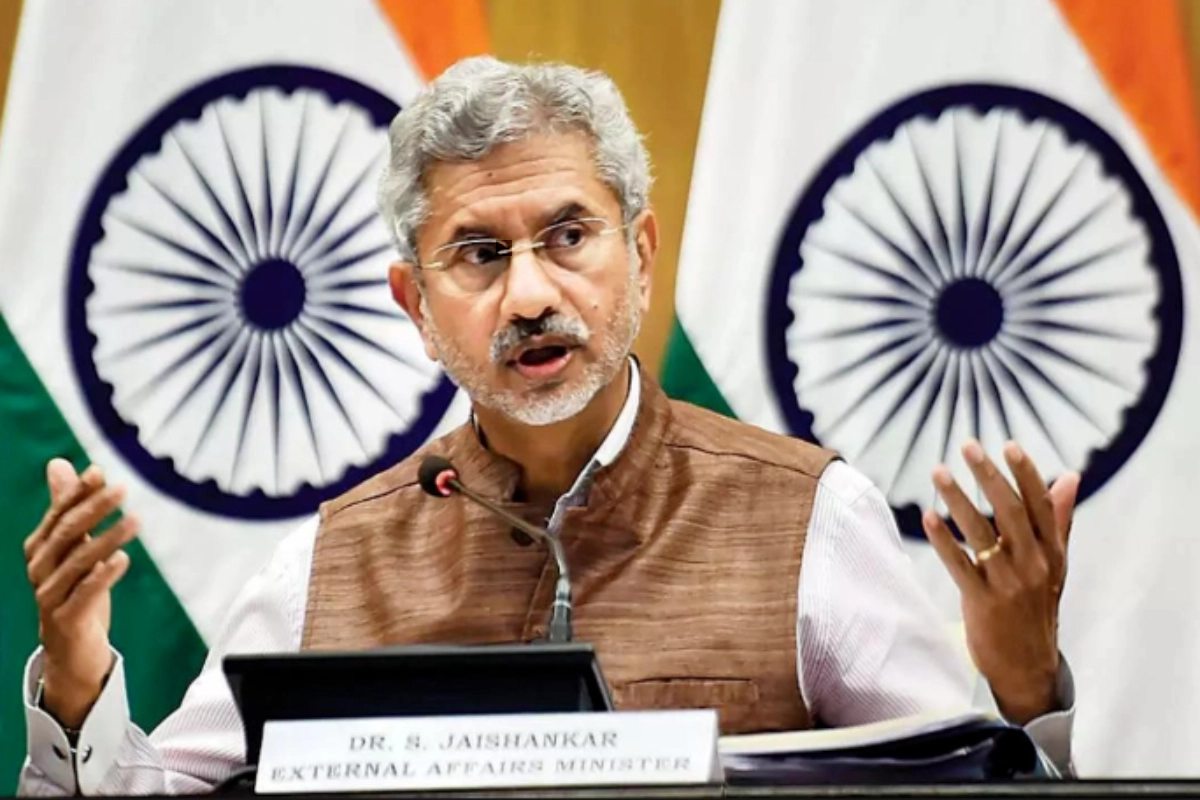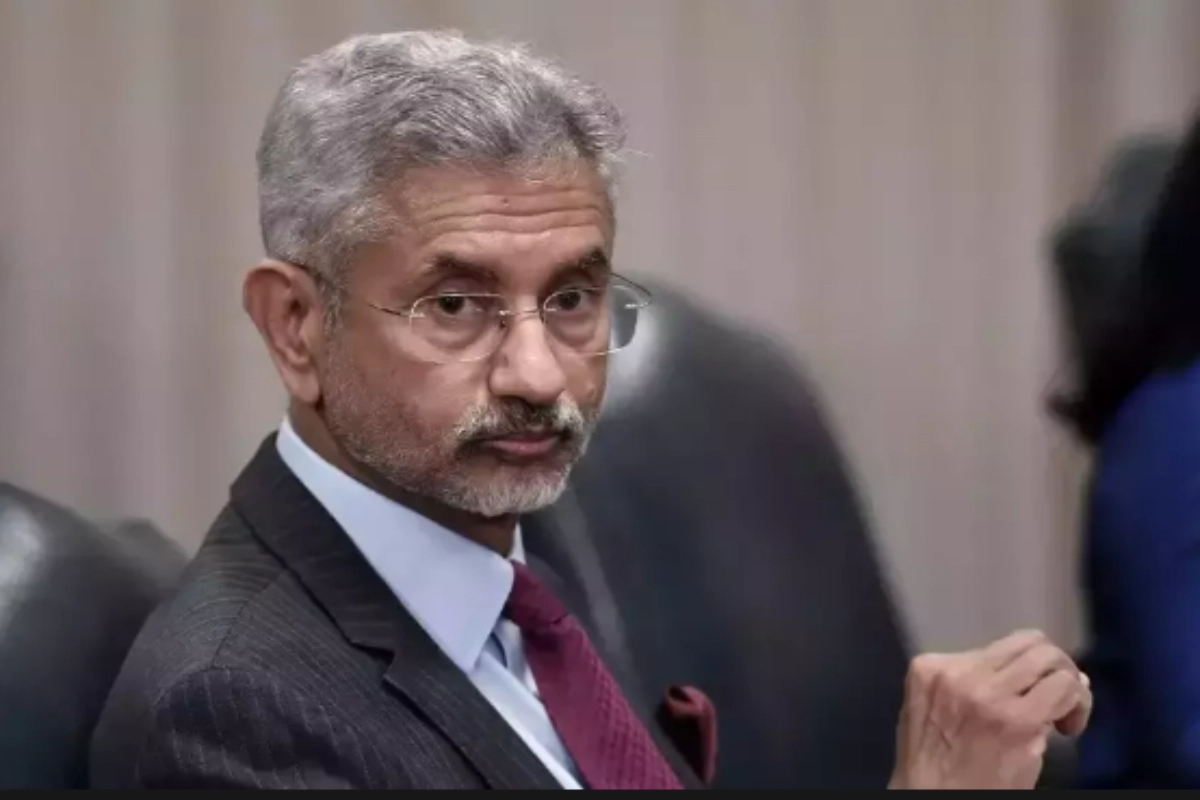S Jaishankar: The South Asian Association for Regional Cooperation (SAARC) meeting cannot take place in India until one of its members stops committing terrorist acts, according to External Affairs Minister S. Jaishankar, who also implied that India will not tolerate a situation in which “terrorism happens by night and trade happens by day.”
India’s External Affairs Minister highlights lack of SAARC progress
When asked why he hadn’t heard anything about SAARC, Jaishankar at the India International Centre responded, “You have not heard very much about SAARC because, in the last few years, there isn’t very much to hear about. We have not had meetings because you have a member of SAARC who doesn’t conform to all the basic requirements of what a good membership is, and that is today an obstacle reality for the SAARC to meet. You know I said we cannot continue with acts of terrorism and say the cooperation will continue to happen nevertheless.” He added that, “So, I think there are issues there and it’s time to recognize the seriousness of those issues and not allow terrorism to happen by night and trade by day. I don’t think the country is well served by that.”
Citing compatibility issues with addressing cross-border terrorism
Additionally, Jaishankar had already cited Pakistan as the reason SAARC wasn’t a more active organisation. The SAARC is currently inactive, according to S Jaishankar in Varanasi, because one member thinks that addressing “neighbourhood issues is compatible with the factors of cross-border terrorism.” Notably, the SAARC is a grouping of eight South Asian nations, including Bangladesh, Bhutan, India, the Maldives, Nepal, Pakistan, and Sri Lanka.
Emphasizes Pakistan’s exceptional status due to cross-border terrorism
Jaishankar stated that while ties with other bordering nations are fine, they are not with Pakistan and that this is due to cross-border terrorism. S Jaishankar said,”I would say Pakistan obviously is the exception when it comes to the neighbourhood. Again, it needs very little explanation. The fact is that we cannot allow terrorism to be normalized. We cannot allow that to become the basis for getting us into discussions with Pakistan. So I don’t think to me, it’s a fairly common-sense proposition.” “In fact, if anything, I’m still a little perplexed by why we had not arrived at this position earlier. But we have arrived at it now. And the issue really is that until there is a departure from I would say an abrogation of this policy of cross-border terrorism. Clearly, it is not possible to have a normal relationship with that particular neighbour,” he Continued.
Keep watching our YouTube Channel ‘DNP INDIA’. Also, please subscribe and follow us on FACEBOOK, INSTAGRAM, and TWITTER












